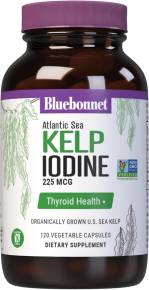Can you imagine salads without vinaigrette? Long used by chefs in France, vinaigrettes only became popular in the US and the UK in the nineteenth century. There’s good reason to love these dressings: Adding pucker-up acidic vinegars or citrus juices to vegetables neutralizes their bitterness and makes other flavors “pop” on the palate. Healthy oils balance the dressing’s acidity, creating a creamy mouth-feel to deliver round notes of flavor. Plus, healthy fats increase uptake of fat-soluble plant nutrients, such as vitamin A (beta carotene), vitamin D and vitamin E.
You probably have a favorite store-bought option, but try fresh combinations for unique flavor combos that are surprisingly easy to whip up. For best flavor, choose cold-pressed oils such as olive, pumpkin-seed, sesame or avocado. Here is the basic recipe, plus three variations to get you started.
The basic recipe
Ingredients
- 3 parts oil + 1 part vinegar or citrus juice
- Salt to taste
- Optional: Allium (garlic, onion, scallions, shallots) and chopped fresh herbs for flavor
Directions
- Place all ingredients in a food processor or blender.
- Blend until well combined.
- Taste for salt and herbs and adjust as needed.
French vinaigrette with tarragon
- Olive oil
- Red wine vinegar
- Shallot
- Tarragon
Best with: Butter lettuce, new potatoes, radishes or blanched green beans.
Accent with: Almonds
Mexican-inspired vinaigrette
- Avocado oil
- Lime juice
- Red onion
- Cilantro
Best with: Quinoa, black beans, shredded carrots or jicama.
Accent with: Pepitas
Spicy Asian vinaigrette
- Toasted sesame oil
- Brown rice vinegar (or umeboshi plum vinegar)
- Scallions
- Red pepper flakes
Best with: Cooled soba or udon noodles, cucumbers, edamame or avocado.
Accent with: Toasted sesame seeds





